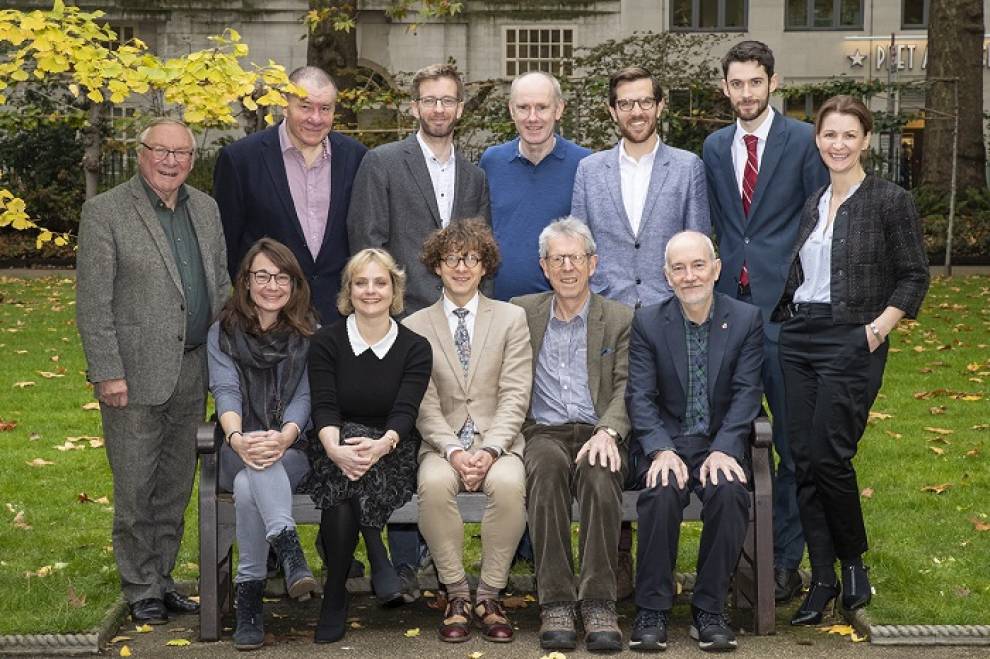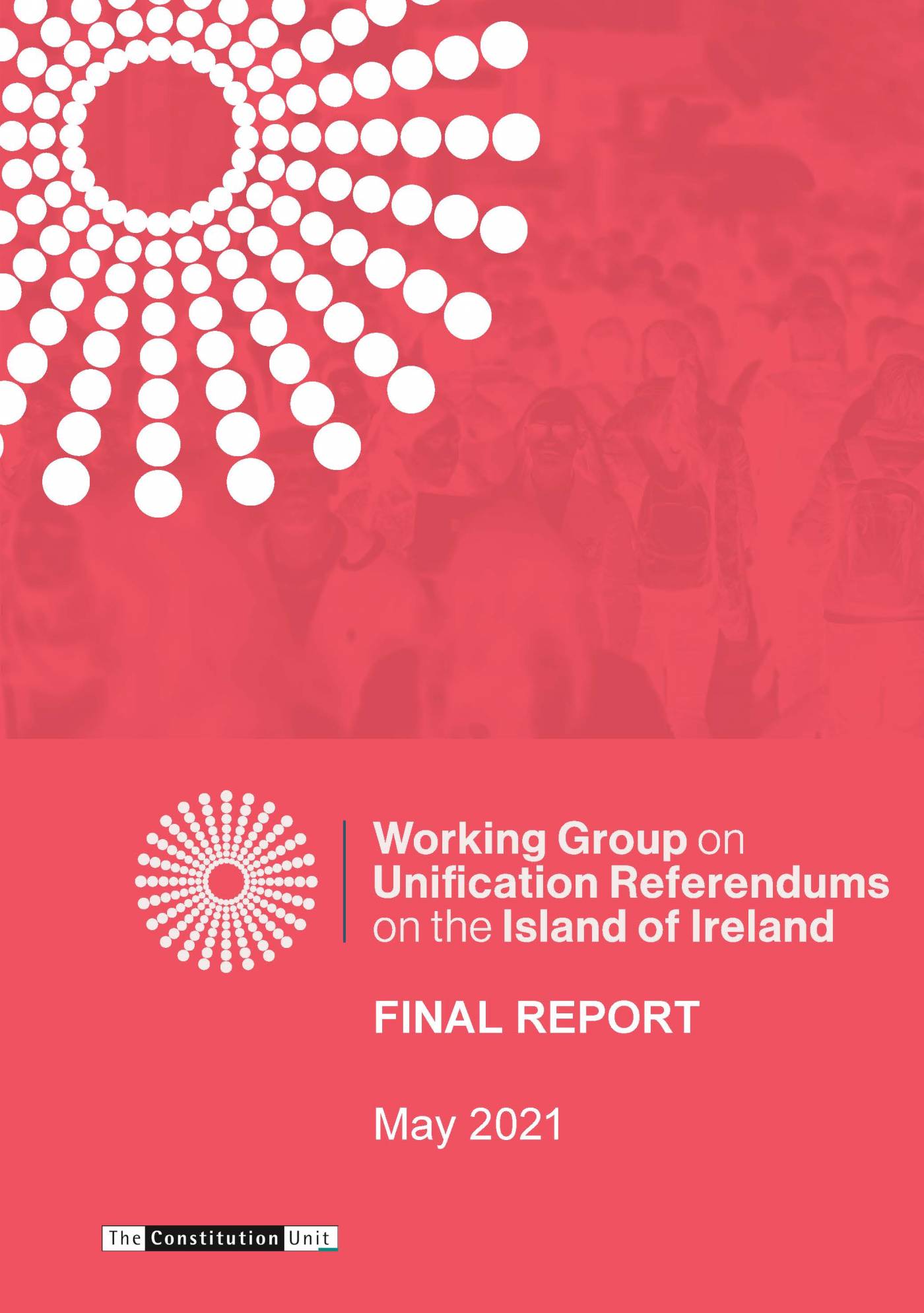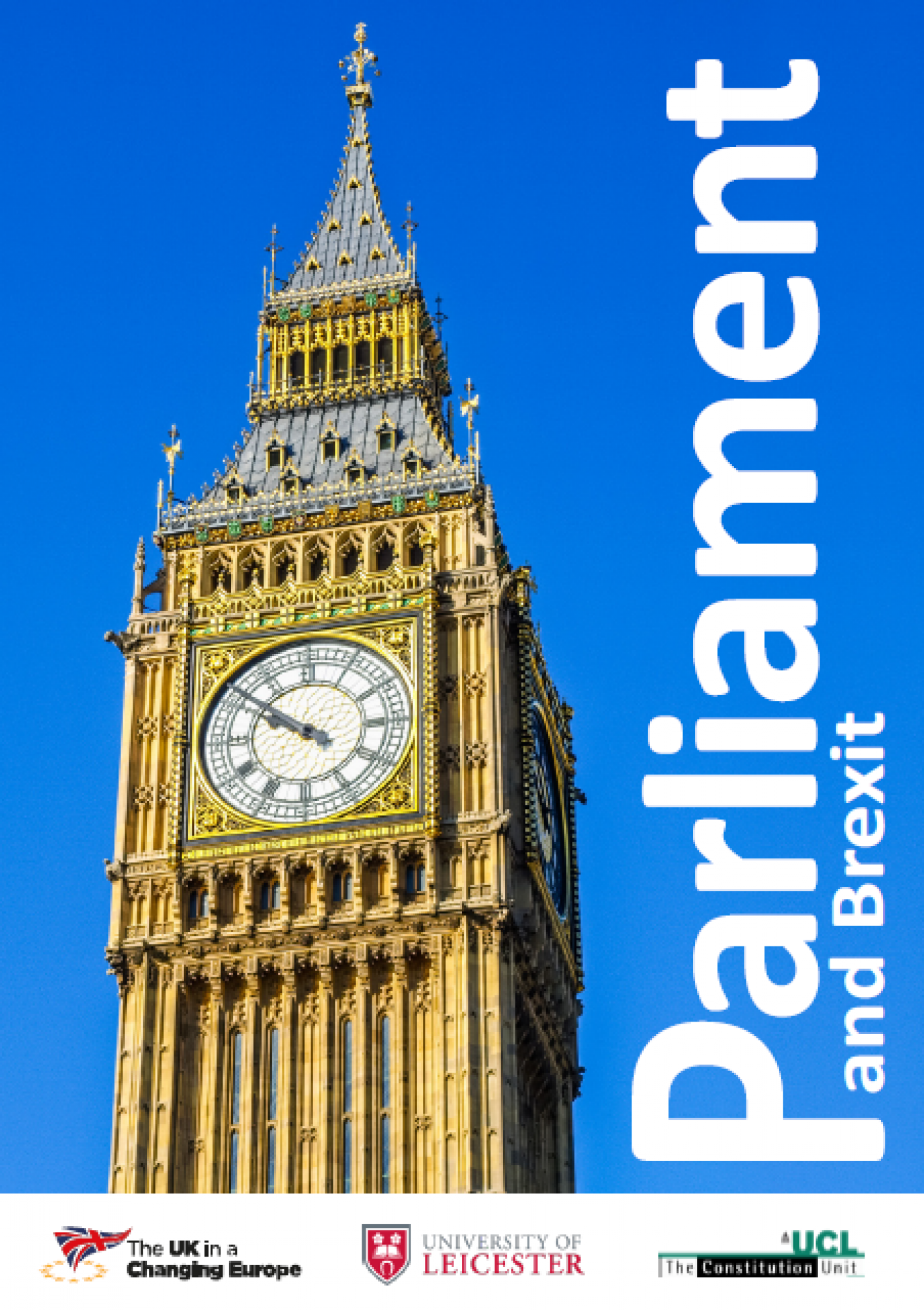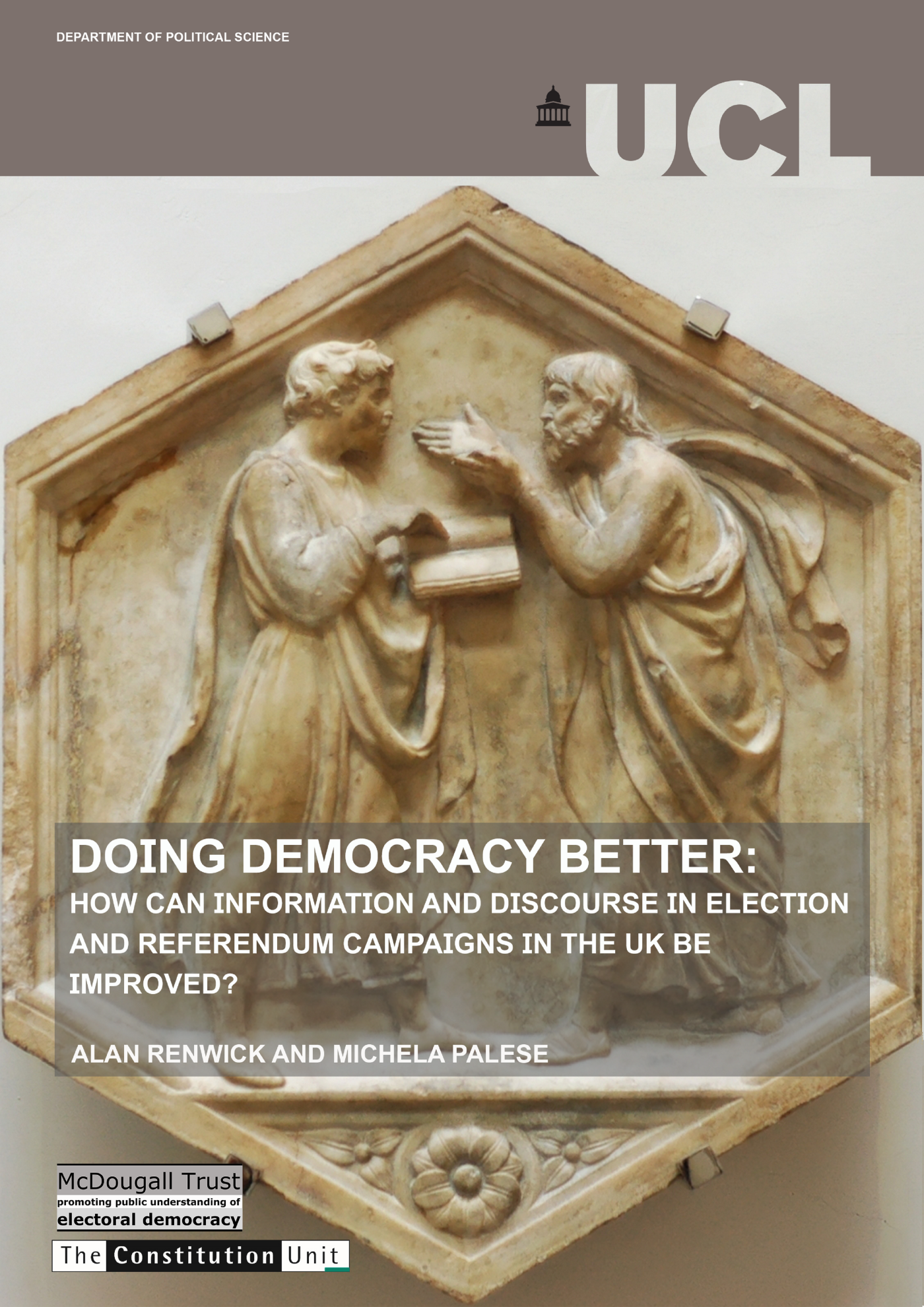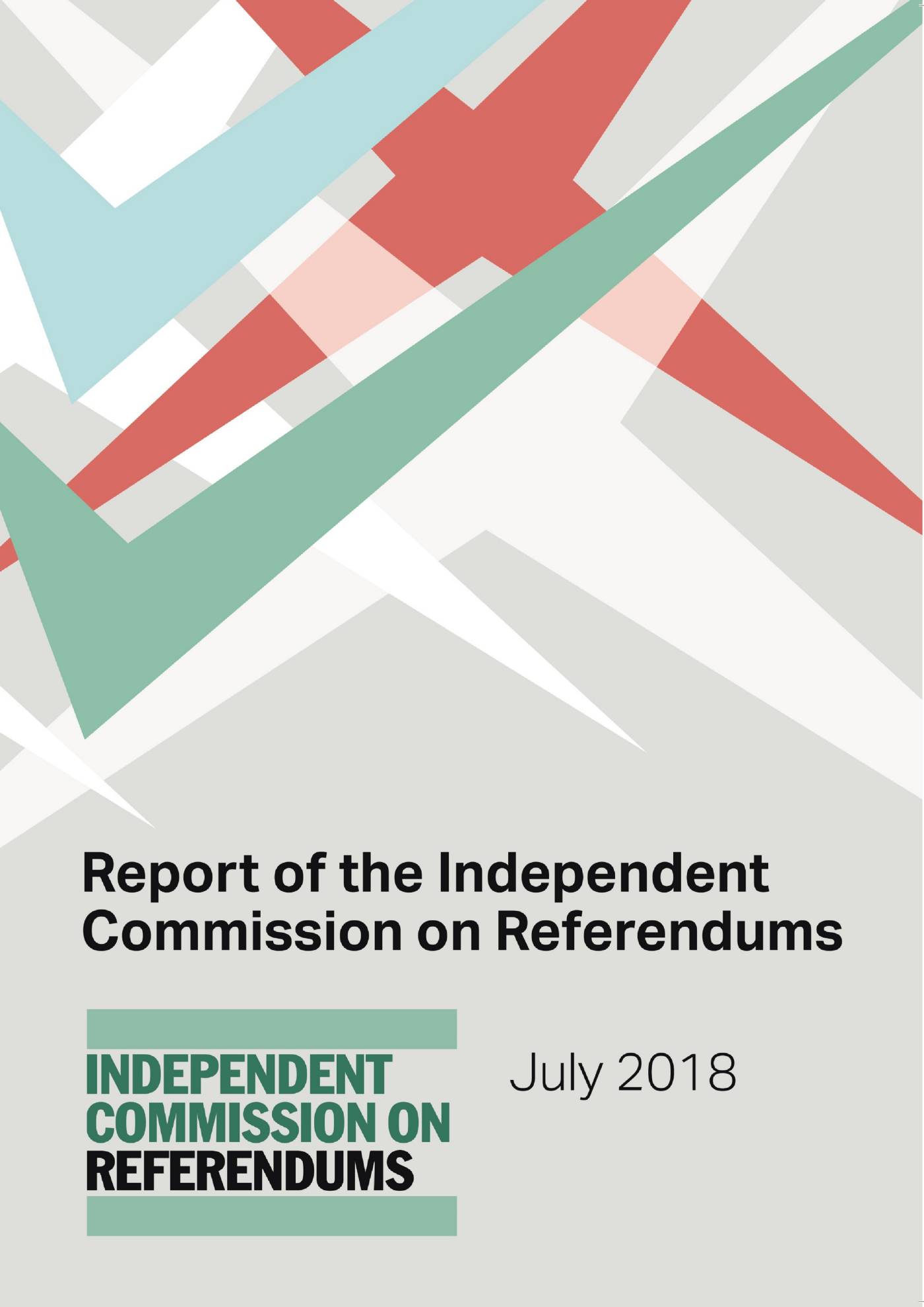A project examining how any future referendum on the constitutional status of Northern Ireland would be best designed and conducted.

The Working Group on Unification Referendums on the Island of Ireland was established in 2019 to examine how any future referendums on the constitutional status of Northern Ireland would best be designed and conducted. It published its Final Report on 26 May 2021. The report explores each aspect of the process, including, for example, how decisions would be made on whether to call a referendum, whether referendums would best happen before or after detailed plans for the form of a united Ireland had been developed, how referendum campaigns would be regulated, and who would be able to vote. It takes no view on whether such referendums should takes place.
Reactions to the project
Your Working Group on unification referendums have at least told people the questions that need to be addressed and to be answered. If we’re sleepwalking towards this you at least have been attempting to wake us up." – Michael Portillo, former Conservative minister on Times Radio (4 December 2020)[O]ne of the most important academic interventions in policy debate in Ireland in recent decades." – Professor John Coakley, Queen's University Belfast and University College Dublin for Business Post (14 December 2020)The academic title obscures the fact that it’s the most significant contribution to the constitutional debate in decades". – Sarah Creighton, commentator and writer for the Belfast Telegraph (26 May 2021)A shining example of how carefully-crafted and public-spirited research can help us learn lessons from the past, and inform public debate without foreclosing it." – Dr Tom Gerald Daly, Associate Professor at the University of Melbourne on Twitter (26 May 2021)It's a model of cool lucidity, in an area that is so fraught with heated political rhetoric on all sides. So anyone interested in the future of these islands, I would urge them to read the full report...because it's such a valuable contribution to the debate." – Rory Carroll, Ireland Correspondent for The Guardian (9 June 2021)
About the Working Group
The Constitution Unit teamed up with eminent scholars in Northern Ireland, Ireland, and the United States to examine how any future referendums on the constitutional status of Northern Ireland would best be designed and conducted. The project did not look at, or take a view on, whether such votes would be desirable or what the outcome should be if referendums were to be held.
The project was made possible by generous funding from the British Academy under its Humanities and Social Sciences Tackling the UK’s International Challenges programme and from the Joseph Rowntree Charitable Trust. Comprising scholars with expertise in politics, law, sociology, and history, the Working Group consulted and deliberated in depth between late 2019 and early 2021. Its Final Report is now published. The members of the Working Group are listed below.
- Other project papers, related research and evidence submissions
Interim report
The Working Group published its interim findings in November 2020 to gather feedback on its thinking and to inform its final report. Read the interim report and the Executive Summary.
Public consultation working paper
An analysis of responses to a public consultation on sentiment in Northern Ireland towards the prospect of unification referendums on the island of Ireland, written by Alan Renwick, Nadia Dobrianska, Conor J. Kelly, and Charlotte Kincaid.
Background paper
In preparation for the main project, the Unit published a background report in March 2019 that sought to stimulate discussion by outlining the key issues. Written by Unit Honorary Senior Research Associate and former civil servant Alan Whysall, this set out the current situation, including gaps and anomalies in the existing legal provision, and examined possible ways of addressing these deficiencies. Read the background paper and the summary blogpost.
Journal articles
Renwick, A. and Kelly, C. (2021) 'What Form would Referendums on Irish Unification take?', Political Quarterly.
Renwick, A. and Hayward, K. (2021) ‘A Referendum on Irish Unification: Why it Needs Attention’, Political Insight, 12(2), pp. 16–19.
Evidence submissions and feedback
A record of evidence submissions received in response to the Working Group's call for evidence and papers submitted in response to the interim report.
Related research
Some members of the Working Group are involved in the ARINS (Analysing and Researching Ireland North and South) project, which is conducting research on constitutional, institutional and policy options for Ireland, north and south, in a post-Brexit context. Some of the research produced by Working Group members under the ARINS project expands upon the research conducted by the Working Group. Find out more about the project and read related papers.
Member of the Working Group and Research Associate at the Constitution Unit Alan Whysall discussed the operation of referendums for the imagine! festival in Belfast, you can read the talk here.
- Blog posts
Pages
- Working Group members
- Oran Doyle
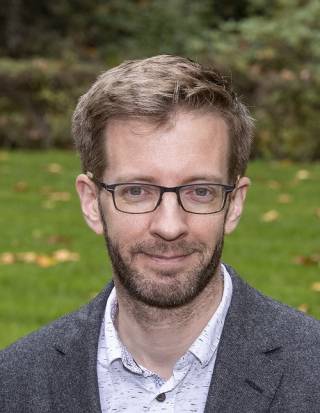
Oran Doyle is Professor in Law at Trinity College Dublin. He is an expert on Irish and comparative constitutional law, and his book, The Irish Constitution: A Contextual Analysis was published by Hart in 2018. In 2016–17, he was a constitutional law advisor to the Irish Citizens’ Assembly. In 2019–20, he was a visiting scholar at the University of Pennsylvania.John Garry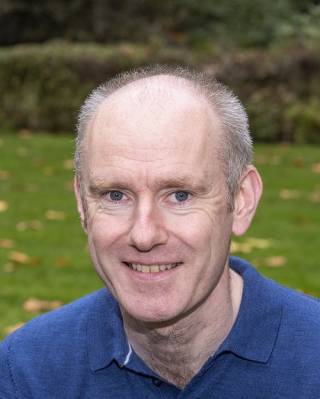
John Garry is Professor of Political Behaviour at Queen’s University Belfast and Director of QUB's Democracy Unit. His research interests focus on electoral and deliberative democracy, his most recent book being Consociation and Voting in Northern Ireland. He recently led a major study of deliberative democracy in Northern Ireland on the topic of ‘Brexit and the border’.Paul Gillespie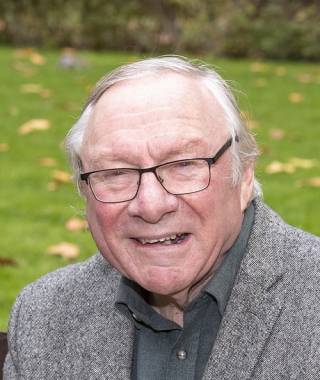
Dr Paul Gillespie is Senior Research Fellow and the Deputy Director of the Institute for British–Irish Studies in the School of Politics and International Relations at University College Dublin, and a long-standing columnist with The Irish Times. He specialises in Irish–British relations and European integration. He is co-editor of Britain and Europe: The Endgame, An Irish Perspective, published by the Institute of International and European Affairs in Dublin.Cathy Gormley-Heenan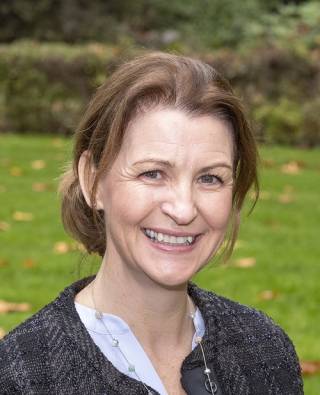
Cathy Gormley-Heenan is Professor of Politics and Deputy Vice-Chancellor (Research and External Affairs) at Ulster University. She is an expert on Northern Irish politics and the politics of peace processes and divided societies, and has published a notable range of articles and reports on Northern Ireland’s peace walls. She has also been a regular political commentator for the BBC.Katy Hayward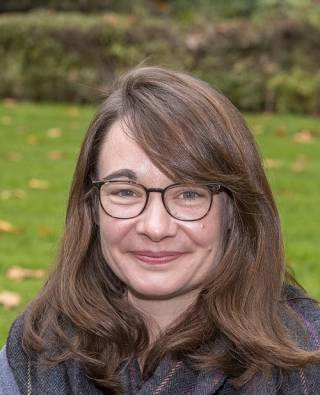
Katy Hayward is Professor of Political Sociology and a Fellow in the Senator George J. Mitchell Institute for Global Peace, Security and Justice at Queen’s University Belfast. Having long-standing expertise on the impact of the EU on the Irish border and peace process, she is currently a Senior Fellow of the ESRC-funded UK in a Changing Europe initiative, focusing on Brexit and Northern Ireland/the Irish border.Robert Hazell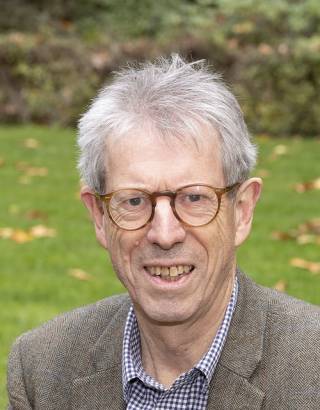
Professor Robert Hazell is Professor of Government and the Constitution at UCL and was the founder and first Director of the Constitution Unit from 1995 until 2015. He is an expert on the UK constitution, including devolution and inter-governmental relations. He led the Unit’s early work on the possibility of Scottish independence, and has long maintained an interest in independence and unification referendums.
David Kenny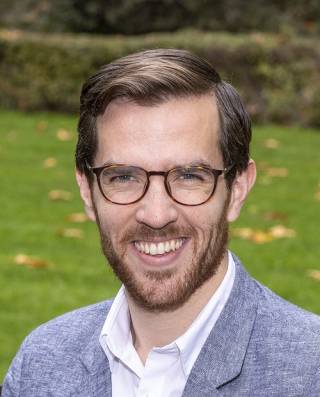
Dr David Kenny is Associate Professor of Law at Trinity College Dublin. He is an expert on Irish and comparative constitutional law, and is co-author of the recent 5th edition of Kelly: The Irish Constitution, the leading text on Irish constitutional law. He has given evidence on Irish constitutional reform to parliamentary committees and the Citizen’s Assembly. His research interests include referendums and the constitutional implications of Brexit for Ireland.Chris McCrudden
Christopher McCrudden is Professor of Human Rights and Equality Law at Queen’s University Belfast, L Bates Lea Global Law Professor at the University of Michigan Law School, a Fellow of the British Academy, and a Member of the Royal Irish Academy. He is an expert on human rights law and power-sharing, his current research focusing on the foundational principles underpinning human rights practice.Brendan O’Leary
Brendan O’Leary is Lauder Professor of Political Science, University of Pennsylvania, and World Leading Researcher, Visiting Professor of Political Science, and Mitchell Institute International Fellow at Queen’s University Belfast. He is an expert on power-sharing, deeply divided places, and the history of Northern Ireland. His latest publications include a three-volume study called A Treatise on Northern Ireland, published in April 2019. He is a Fulbright Fellow to Ireland in 2021–22.Alan Renwick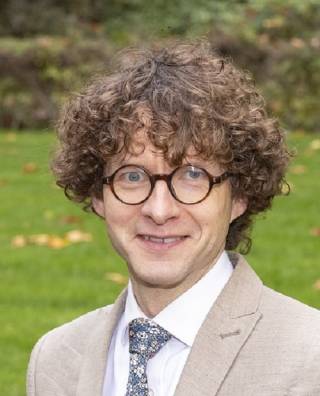
Professor Alan Renwick was project lead and Chair of the Working Group, and Deputy Director of the Constitution Unit. He is an expert on elections, referendums, and deliberative democracy, his recent work focusing particularly on how to foster more informed and deliberative discourse in politics. He led the 2017 Citizens’ Assembly on Brexit and was Research Director for the Independent Commission on Referendums in 2017–18.Etain Tannam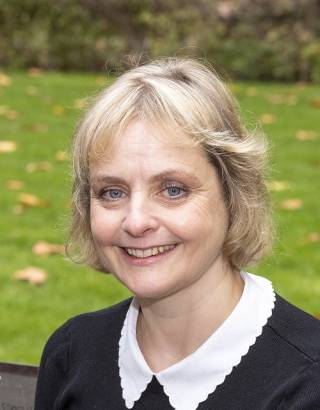
Dr Etain Tannam is Associate Professor of International Peace Studies at Trinity College Dublin. She is an expert on Irish–Northern Irish cross-border cooperation and on British–Irish intergovernmental and diplomatic cooperation, with particular emphasis on Brexit’s impact. She is currently writing a book British–Irish relations in the 21st century, forthcoming with Oxford University Press.Alan Whysall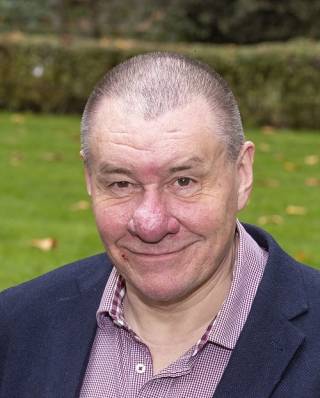
Alan Whysall is an Honorary Senior Research Associate at the Constitution Unit. He was previously a senior civil servant in the Northern Ireland Office, where he worked for many years on the Northern Ireland peace process. He wrote the background report that formed the starting point for this project.Arthur Aughey, Emeritus Professor of Politics at Ulster University, was also originally a member of the group, but was forced to withdraw on health grounds. The members of the group would like to express our great gratitude to him for his insight and advice during the early stages of our work, and to wish him all the best.
- Events
Launch event of the Final Report: 9 June
- Panel: Dr Alan Renwick, chair of the Working Group; Professor John Coakley, Queen’s University Belfast and Geary Institute, University College Dublin; Sarah Creighton, solicitor, writer and political commentator; Dr Avila Kilmurray, Migration and Peacebuilding Executive at The Social Change Initiative; and Patrick Maguire, Red Box editor for The Times.
- Chair: Professor Cathy Gormley-Heenan, Professor of Politics at Ulster University and member of the Working Group.
Watch the event on YouTube channel or listen to the audio recording on our podcast.
Belfast: 10 December 2020
- Panel: Dr Alan Renwick, chair of the Working Group; Sam McBride, political editor of the Belfast News Letter; and Working Group members Professors Katy Hayward and Brendan O’Leary.
- Chair: Professor Cathy Gormley-Heenan, Working Group member
- Co-hosted with the Democracy Unit at Queen’s University Belfast and the Transitional Justice Institute at Ulster University
London: 3 December 2020
- Panel: Dr Alan Renwick, chair of the Working Group; Clare Salters, former senior civil servant in the Northern Ireland Office; Martin Kettle, writer for The Guardian; and Working Group member Alan Whysall
- Chair: Professor Meg Russell, Director of the Constitution Unit, University College London
- Hosted by the Constitution Unit
Dublin: 1 December 2020
- Panel: Dr Alan Renwick, chair of the Working Group; Jennifer Todd, Professor of Politics and International Relations at University College Dublin; and Working Group member Professor Oran Doyle.
- Chair: Professor Jane Ohlmeyer, Erasmus Smith’s Professor of Modern History at Trinity College Dublin and Chair of the Irish Research Council
- Co-hosted by the Trinity Centre for Constitutional Law and Governance, Trinity College Dublin; the Institute for British-Irish Studies, University College Dublin; and the Constitution Unit, University College London.
 Close
Close


